
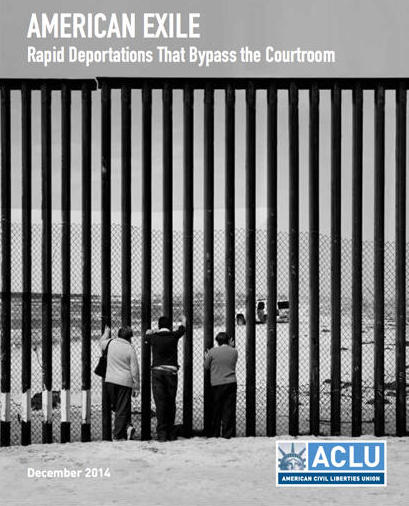
The majority of people deported from the United States each year are never given a chance to have their claims heard in court. People denied of their due process rights include asylum seekers, children, people with mental disabilities, U.S. citizens, and people lawfully working in and visiting the United States. They already had rights or claims to stay in the United States т but that wasn't enough to protect them. For these individuals, their fates were decided by immigration enforcement officers, not judges.
American Exile: Rapid Deportations That Bypass the Courtroom explains the underbelly of U.S. immigration policy through the stories of many people who had rights to be here or would be allowed to stay in the United States т if just given a chance. These are some of their stories.
American Exile: Rapid Deportations that Bypass the Courtroom
In 2013, the United States conducted 438,421 deportations. In more than 363, 2793 of those deportationsтapproximately 83 percentтthe...
Source: РЯАФУХПЊНБНсЙћ
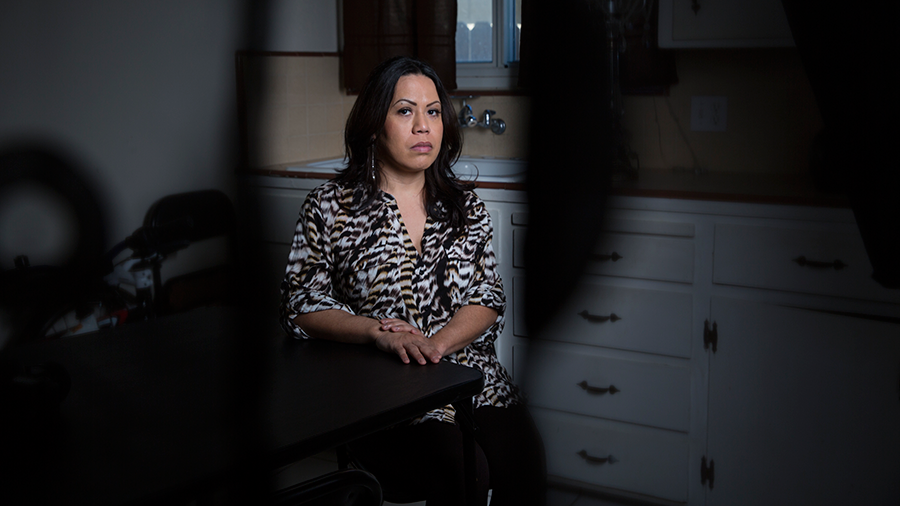
For a Spanish-language version of this page and report summary
Deportaciones rУЁpidas que evitan el tribunal
Source: РЯАФУХПЊНБНсЙћ
She was forced to leave behind the only life she knew т but she should have been allowed to stay.
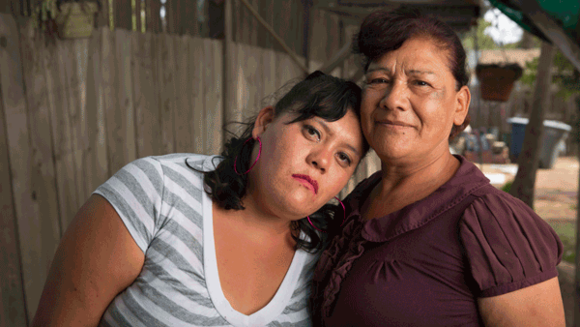
Yadira Felix (pictured with her grandmother Candelaria Felix) was born in Mexico in 1988 and lived in the United States for 20 years. She has cognitive disabilities and graduated San Pasqual High School in California through a specialized program, making her eligible for deferred action for childhood arrivals (DACA). Yadira was waiting at a bus stop in California when Border Patrol agents approached and arrested her, drove her to the U.S.-Mexico border, and pushed her across to Mexico. Yadira was crying that she didn't want to go, but she wasn't even given the chance to call her family before being abandoned in Mexico. If Yadira had been given a hearing, she could have applied for relief under DACA.
She was only allowed to return to her family in San Diego after the U.S. government settled an РЯАФУХПЊНБНсЙћ lawsuit on behalf of Yadira and many like her who were coerced and tricked into abandoning their rights and leaving the United States. This settlement is confined to Southern California, so there are others like Yadira who still remain in exile.
She was granted asylum, then deported back to her tormenters.
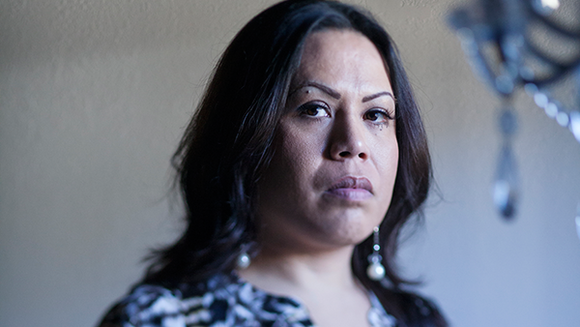
Nydia, a transgender woman, was granted asylum in the United States after repeated physical and sexual attacks in Mexico. Her protected status didn't stop Border Patrol from twice deporting her to Mexico without a hearing despite verifiable evidence that she had asylum. Back in Mexico, Nydia was repeatedly attacked and raped, and then kidnapped by a gang that trafficked her into the sex trade. She later successfully fled back to safety in the United States and applied for and was granted lawful permanent residence. "I didn't know the immigration agents could have helped me," Nydia said, recalling her previous attempts to enter the United States. "They had known all the reasons I was trying to come back to the U.S., and even knowing them, they sent me back."
She asked border officers for protection. Instead, she was prosecuted.
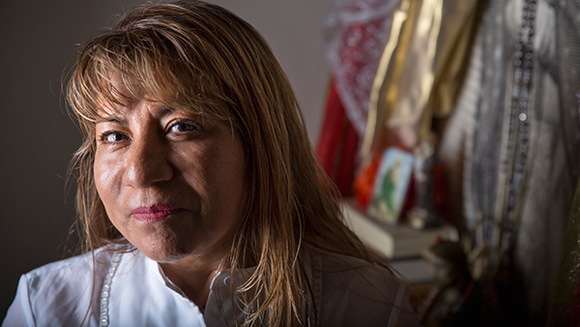
Soledad fled two decades of physical and psychological abuse by her husband in Mexico after gangs had murdered two of her sons. She joined her remaining son in California, but after several years, she returned to Mexico to say farewell to the aunt who raised her. But her ex-husband found her and tried to murder her. Police told her they could do nothing to protect her, so she went back to the United States.But instead, border officers referred her for prosecution for illegal reentry.
Soledad spent almost two years in detention, first for the criminal sentence and then in immigration detention, repeatedly asking for help before she was able to speak to an asylum officer. She won release on bond and her immigration case is ongoing.
A mother tricked into leaving her home.
Isidora Lopez-Venegas is the mother of an autistic U.S. citizen son. She was arrested by Border Patrol and told т wrongly тthat she could easily obtain legal status through her son once she was in Mexico. In fact, once outside the United States, she would have to wait approximately 10 years before returning home to California. But if she had seen an immigration judge, she could have presented her strong claims to stay. Instead Isidora, accompanied by her son, had to leave the United States. They were only able to return home after the РЯАФУХПЊНБНсЙћ filed a lawsuit.
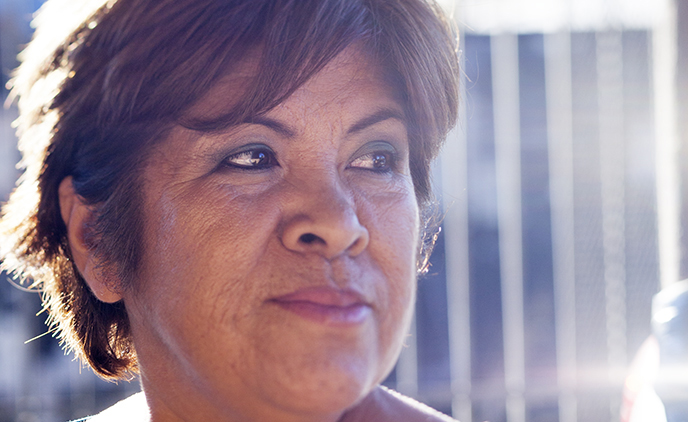
Related Content:
American Exile: Rapid Deportations that Bypass the Courtroom
In November 2014, President Obama gave temporary reprieve to millions of immigrants at risk of deportation. But this does nothing to change the...
Source: РЯАФУХПЊНБНсЙћ


